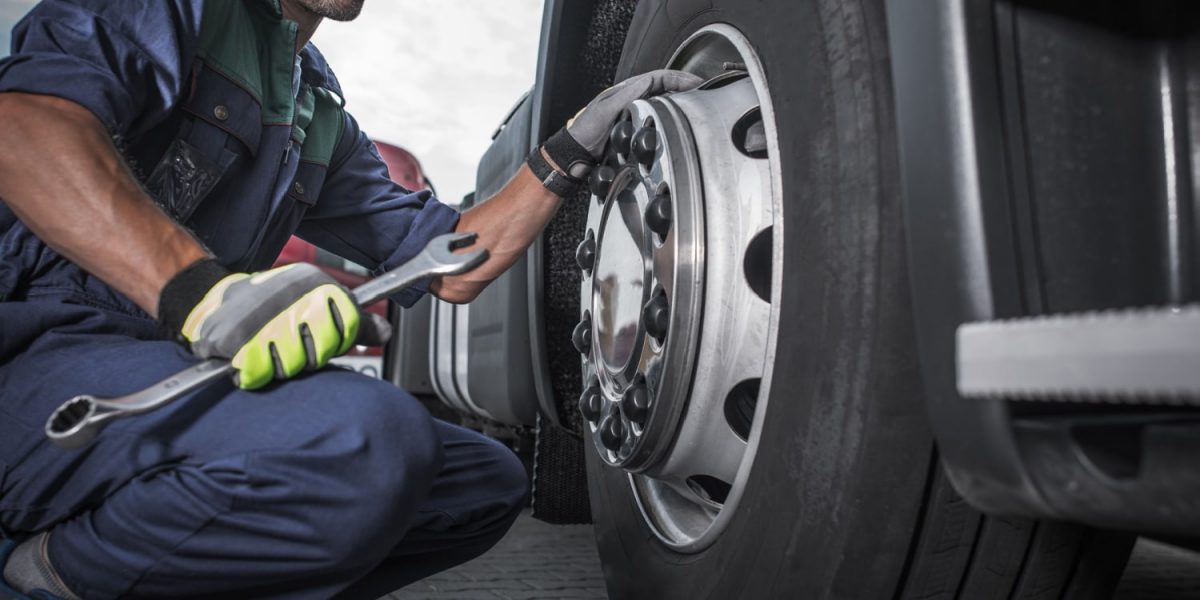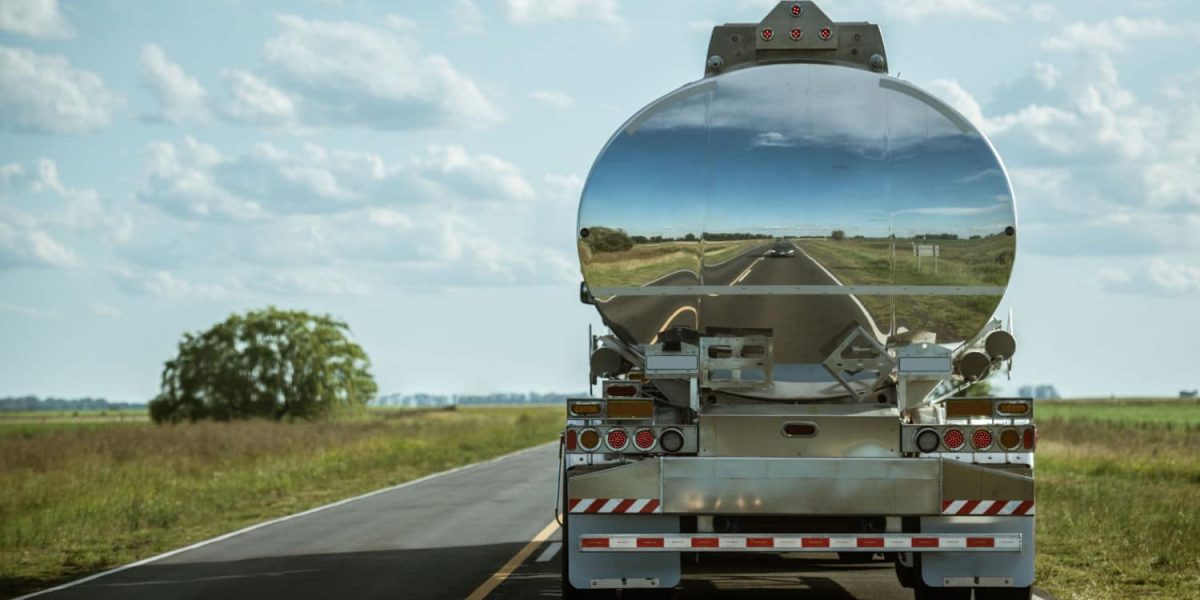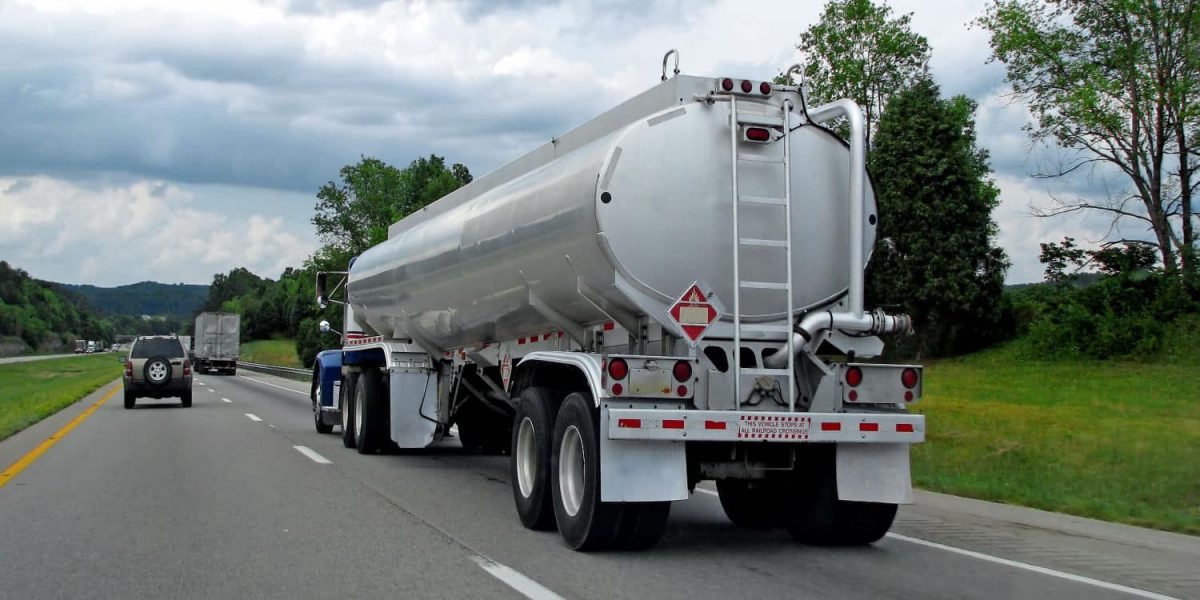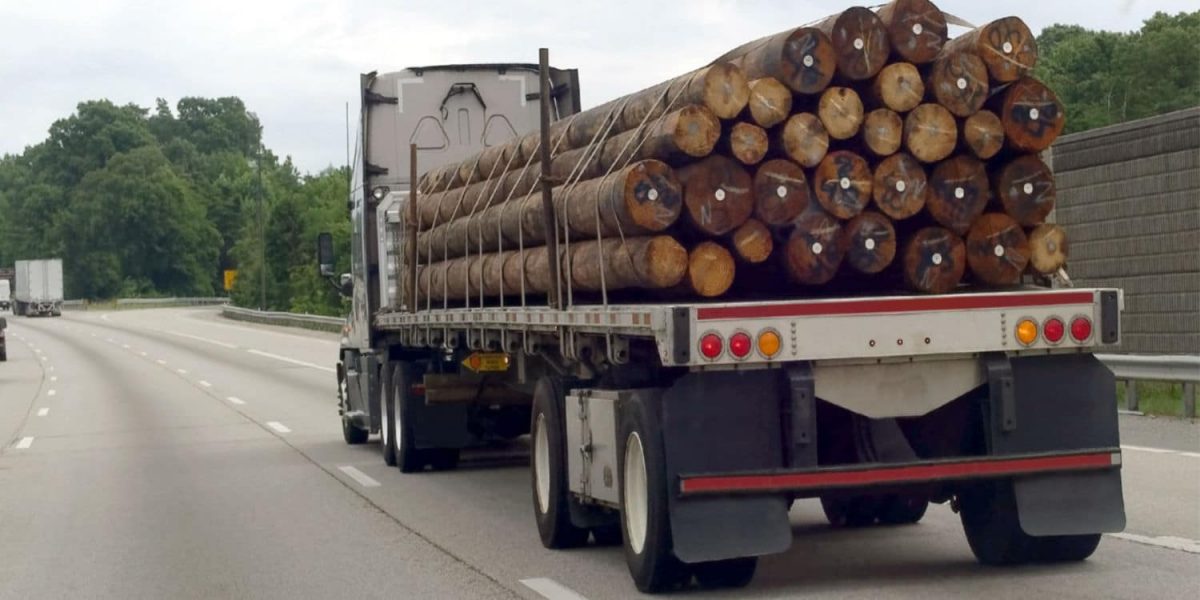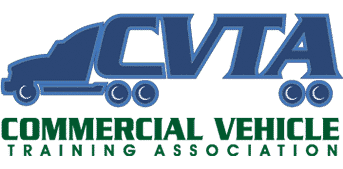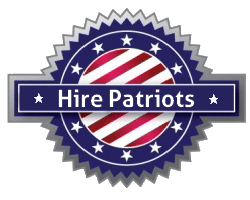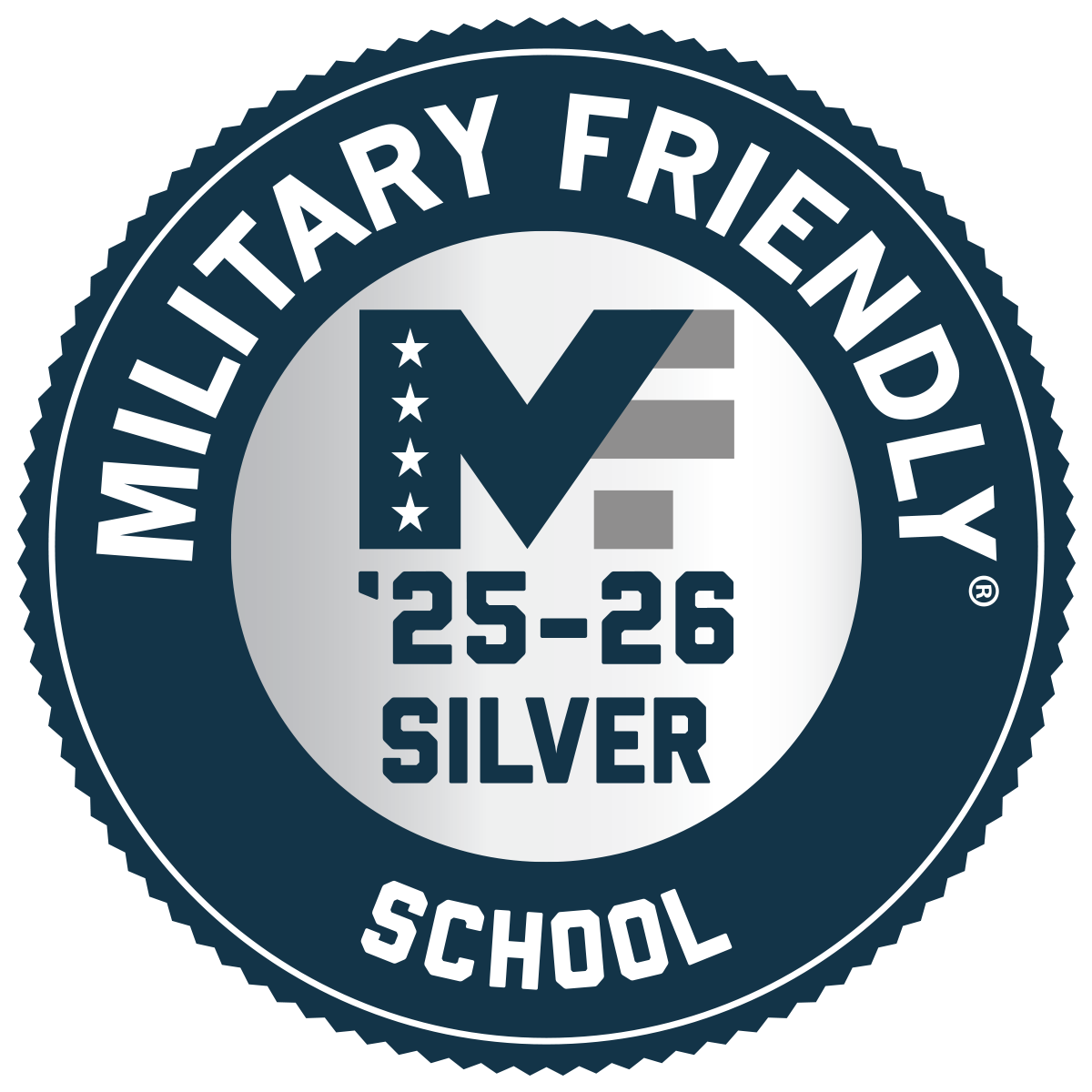You’ll often hear people say that trucking is a lifestyle as much as it is a career. Although this is a bit of a cliche, it’s also true. The trucking lifestyle draws people to the industry, but it can also drive them away if they don’t expect the unique pros and cons of life on the road. Getting an idea of what being a trucker is like can help you decide whether it’s the right path for you.
Here are some key aspects of the average truck driver’s lifestyle:
1. Independence
Unless you drive as a team, you’ll likely spend the bulk of your time as a trucker by yourself. This makes trucking a very independent career. You are ultimately responsible for your own day-to-day actions, within the bounds of regulations and obligations to your company and freight customers. Independent individuals often do well as truckers and appreciate the opportunity to work without a boss looking over their shoulder.
At the same time, independence comes with responsibility. You have to trust that you can hold yourself accountable to meet your goals and stay safe on the road.
This aspect of the trucking lifestyle can also result in loneliness. If you love being around other people all day, trucking will likely be a challenge. However, you can still stay connected to loved ones back home. A pet can also keep you company.
2. Life On The Open Road
Long-haul truckers travel a variety of routes and often wake up in a new location every day. Life on the road has its perks, and one of the biggest is the sense of freedom and independence mentioned above. It also gives you the opportunity to see more of the country. It’s worth noting that trucking is still a job, so you won’t necessarily be able to spend all of your time sightseeing. However, with a bit of planning, you can definitely find ways to check out unique attractions across the nation, and many companies even let you take time off away from your home terminal for a longer stay if you’d like.
Life on the open road also means your semi-truck becomes a home away from home. You’ll need to get used to sleeping in your vehicle, finding healthy food on the road or preparing it in your truck, and living in a smaller space than you may be used to.
3. Relatively Sedentary
One less-positive aspect of the trucking lifestyle is that it is fairly sedentary. Truckers spend a lot of time behind the wheel and don’t often move around much during the day. It’s possible to overcome this by planning time for workouts and short walks during breaks. Eating well can also help you maintain and improve your health on the road.
Is Trucking Right For You?
There is no career like trucking. While it’s not for everyone, those who are drawn to it love the benefits truck driving has. Along with a unique lifestyle, trucking provides high pay and excellent job stability. With Phoenix Truck Driving Institute, you can earn your commercial driver’s license (CDL) and get started in as little as four weeks.


